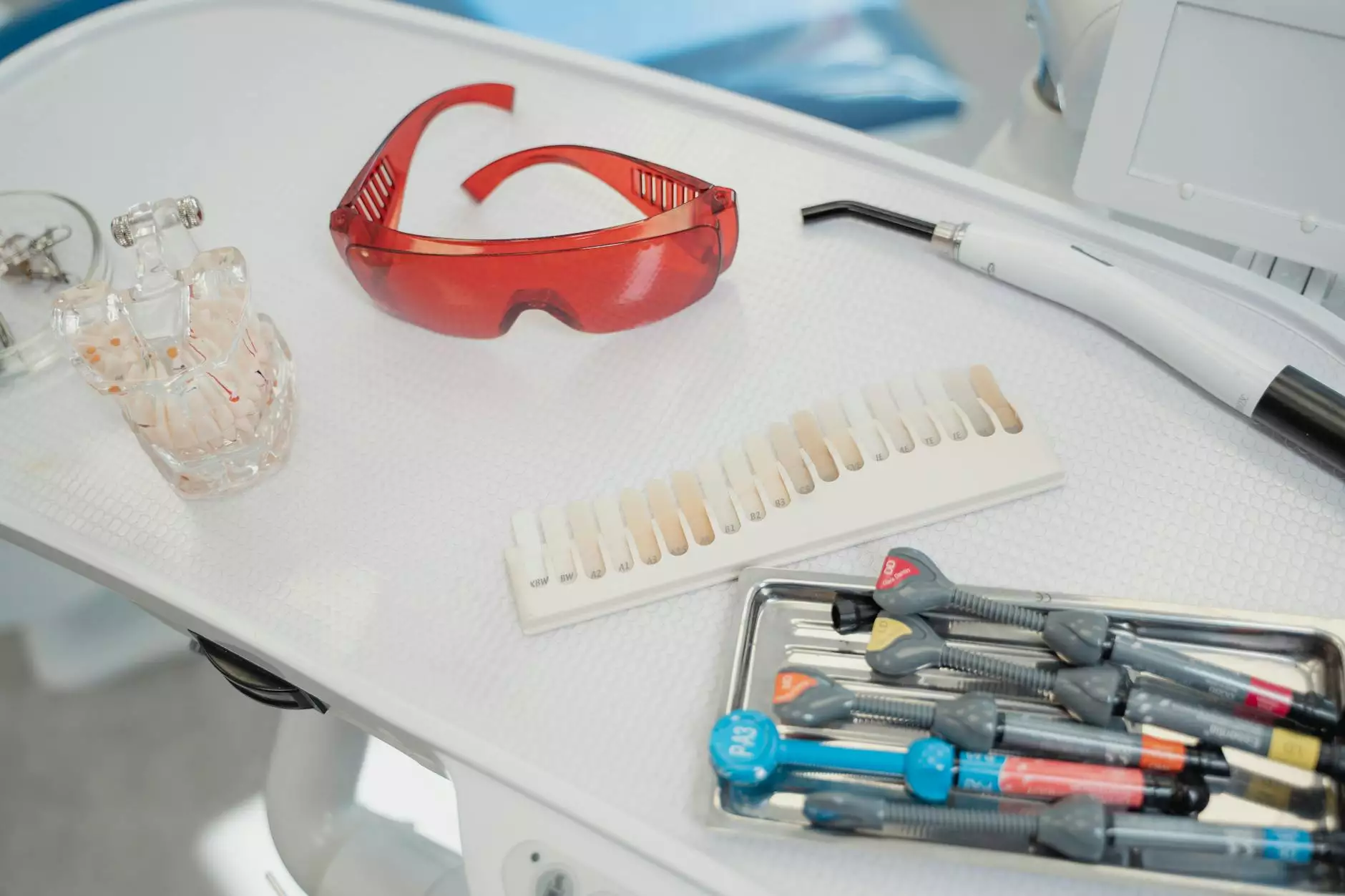Local Siding Contractors: Your Ultimate Guide to Quality Services

When it comes to enhancing the beauty and durability of your home, working with local siding contractors is essential. The right siding not only protects your home from the elements but also adds significant curb appeal and value. In this article, we will delve into everything you need to know about finding the best local siding contractors, types of siding materials, installation processes, and maintenance tips to keep your exterior looking fabulous for years to come.
Why Choose Local Siding Contractors?
Opting for local siding contractors provides numerous advantages that can make a big difference in your home improvement journey:
- Personalized Service: Local contractors often offer more personalized service, understanding the specific needs of your community.
- Familiarity with Local Codes: They are well-versed in local building codes and regulations, ensuring your project is compliant.
- Quick Response Time: Being local means they can respond to your inquiries and needs promptly.
- Community Support: By hiring locally, you support your local economy and community.
Understanding Siding: A Key Component of Your Home
Siding is more than just an aesthetic choice; it plays a crucial role in safeguarding your home. Here are some types of siding materials offered by local siding contractors:
Vinyl Siding
Vinyl siding is a popular choice due to its affordability, durability, and low maintenance requirements. It's available in a variety of colors and styles, allowing homeowners to achieve the exact look they desire.
Wood Siding
For a natural, classic aesthetic, nothing beats wood siding. However, it requires regular maintenance, such as painting or staining, to protect against weather elements.
Fiber Cement Siding
Fiber cement siding is a composite material that offers the best of both worlds: it mimics the look of wood and vinyl but is incredibly durable and resistant to termites and rot.
Brick and Stone Siding
Brick and stone siding provide a timeless appeal and formidable durability, making them a sound, long-term investment for any property.
The Siding Installation Process
Understanding the siding installation process can help you communicate better with your chosen local siding contractors. Here’s an overview of what you can expect:
- Initial Consultation: The process begins with a consultation where the contractors assess your home and discuss your vision and budget.
- Material Selection: Based on your preferences, local siding contractors will guide you in selecting the best material for your needs.
- Preparation: Before installation, the contractors will prepare the exterior by removing any old siding and repairing any existing damage.
- Installation: The siding is then installed, ensuring proper sealing and insulation.
- Final Inspection: After installation, a thorough inspection is performed to ensure everything meets quality standards.
Choosing the Right Local Siding Contractors
Selecting the right contractor can make or break your siding project. Here are some tips to ensure you choose wisely:
Check Credentials
Always check for the necessary licenses, insurance, and bonding of your local siding contractors. This guarantees that they are qualified and will take responsibility for any mishaps during the project.
Read Reviews
Online reviews can provide insight into the contractor’s reputation. Look at platforms like Google, Yelp, and local business directories.
Ask for References
Reputable contractors should be able to provide references from past clients. Reach out to these references to gain firsthand insight into their experience.
Get Multiple Quotes
Don’t settle for the first quote you receive. Getting multiple estimates can help you understand the market rate and identify any red flags.
Cost of Siding Installation
The cost of siding installation varies based on material choice, home size, and labor. Understanding the cost breakdown can assist you in budgeting for your project:
Material Costs
Each siding material comes with its pricing. For example, vinyl is typically the most affordable option, while brick tends to be more expensive.
Labor Costs
Labor can account for a significant part of the total cost. Experienced local siding contractors may charge higher rates, but their expertise often results in a superior finish.
Additional Costs
Don't forget to budget for additional costs, such as trim work, insulation, and possible repairs needed before installation.
Maintenance Tips to Extend the Life of Your Siding
Once your siding is installed, proper maintenance is crucial to prolong its life. Here are some tips:
- Regular Cleaning: Keep your siding clean from dirt and debris. Depending on the material, a simple wash with water and soap might suffice.
- Inspect for Damage: Regularly check for signs of damage or wear and tear, especially after severe weather conditions.
- Repair Promptly: Address any issues such as cracks or loose panels immediately to prevent further damage.
- Repaint or Reseal: For materials like wood, regular repainting or resealing can help maintain their appearance and protection.
Conclusion: Making the Right Choice with Local Siding Contractors
Finding the right local siding contractors is a vital step in your home improvement journey. By understanding the types of siding, the installation process, and how to choose the best contractors, you can ensure that your home not only looks great but is well protected against the elements. Make informed choices, maintain your investment, and enjoy the beauty and safety that quality siding brings to your home. If you’re considering a siding project, reach out to trusted local siding contractors today to get started!









